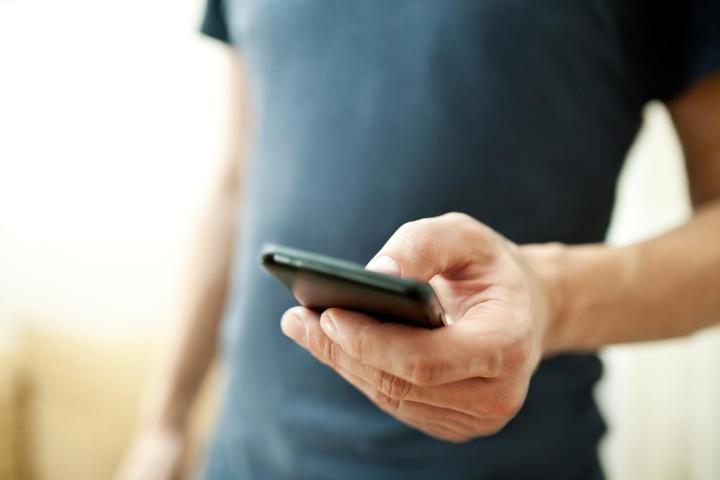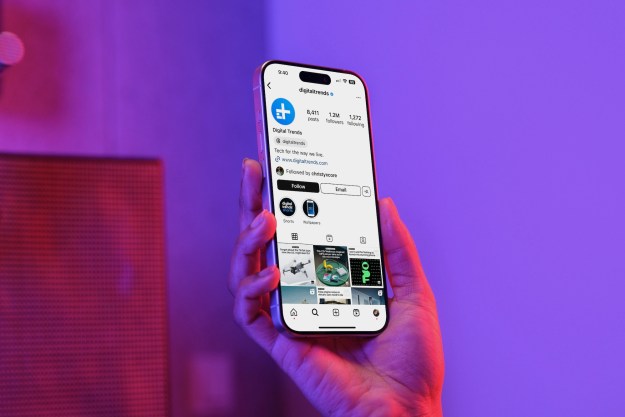
New research from a team of academics in the United States shows just how effective a crowdsourced early warning system could be. Any earthquake ranking as a magnitude 7 or above can be detected on today’s smartphones, and nearby communities could get several seconds’ notice that seismic activity was heading their way.
Study leader Sarah Minson, of the U.S. Geological Survey in California, told the L.A. Times that using accelerometer data together with GPS readings has the potential to create a very accurate real-time map of activity. “The GPS on a smartphone is shockingly good. If you take your phone and move it six inches to the right, it knows with surprising accuracy that it moved six inches to the right — and that is exactly what we want to know when studying earthquakes,” she said.
Of course your iPhone or Nexus can’t match dedicated scientific instruments, but as a warning system they could be hugely effective — and possibly even save lives. All that would be required is a special app to help record the data. “The cost is essentially zero, especially since people buy new phones every two years or so to have the latest-and-greatest model,” added Minson.
The team of scientists used data taken from the 2011 earthquake in the Tōhoku region of Japan as well as simulated data that would be produced from an earthquake along the Hayward fault in California. To avoid false alarms (from driving over a pothole or skating through a park) the system would look for similar movement in several different handsets at once.
The results of the study were published in the journal Science Advances on Friday, but more research is required before you’ll be asked to sign up to an earthquake early warning system on your phone — the team needs more real-world data before the potential can be turned into a reality.
Editors' Recommendations
- I used a new type of smartphone that could replace Android
- Peak Design’s new universal phone case could meet all your mounting needs
- A new midrange iPhone SE could be launching in early 2020

